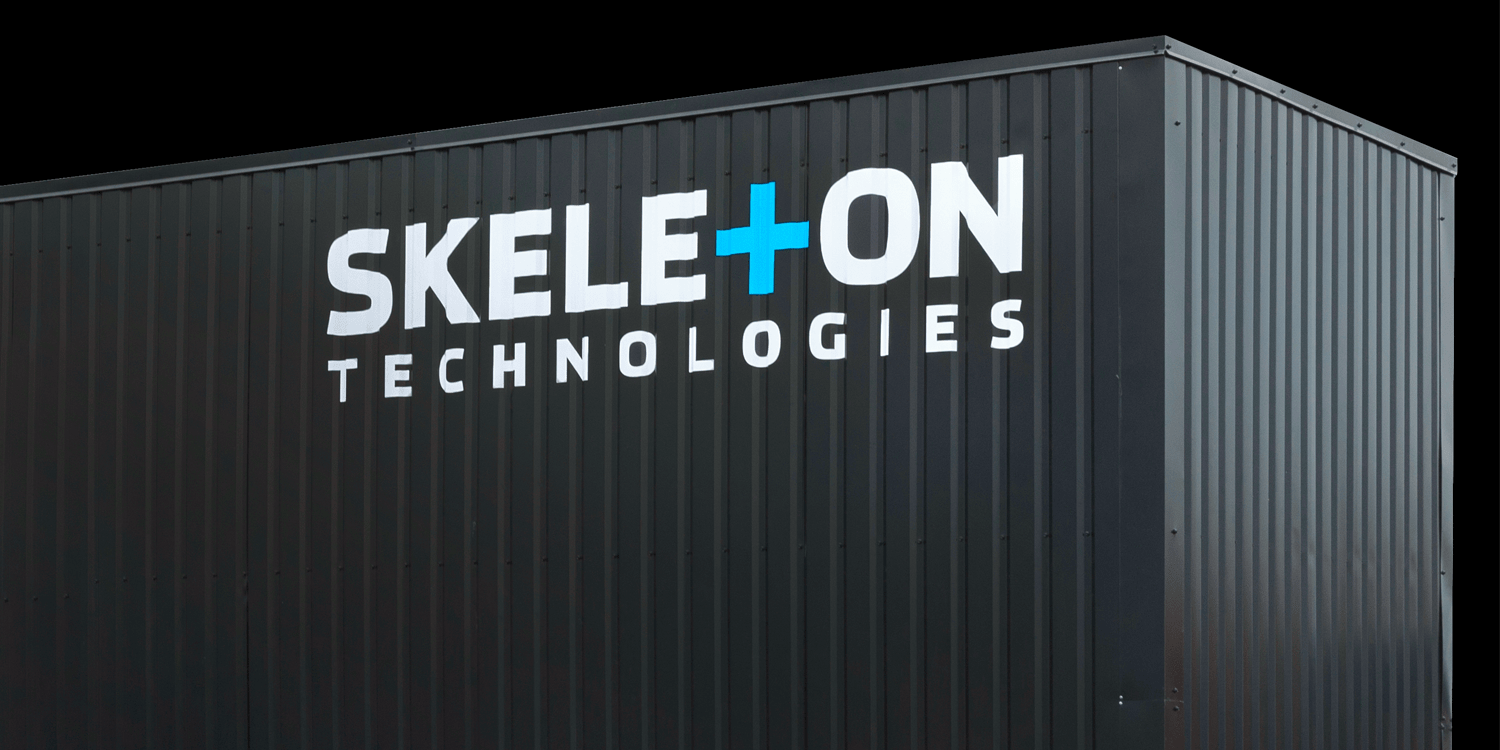
Estonian energy storage tech firm Skeleton Technologies will build a new factory, planned by Siemens, for supercapacitors near Leipzig, Germany, with production to begin in 2024, the company said on Tuesday.
Like batteries, supercapacitors are used to store and release energy, but at smaller quantities and faster speeds.
Skeleton Technologies uses aluminium and a carbon-based material it produces in Estonia to make its supercapacitors, recouping energy produced naturally – such as through a vehicle braking, or an elevator or crane moving downwards – and releasing it faster than lithium-ion batteries can.
The factory in the town of Markranstaedt, to be Europe’s largest, will build 12 million cells a year, 8 million of which will be smaller cells for passenger vehicles and 4 million of which are larger cells for heavy-duty transportation and the energy grid.
Skeleton will invest 220 million euros ($223.39 million) in the factory.
At the moment, the firm, which already operates a smaller site near Dresden producing around 300,000 cells a year, primarily serves clients in heavy-duty transport or grid management such as SkodaElectric or Poland’s ZPUE.
It has signed contracts with German car manufacturers and letters of intent with Japanese manufacturers, a spokesperson said, declining to name the companies due to the terms of the agreements.
The aim is for automotive clients to account for around 20% of revenue by 2027, Chief Executive Taavi Madiberk said.